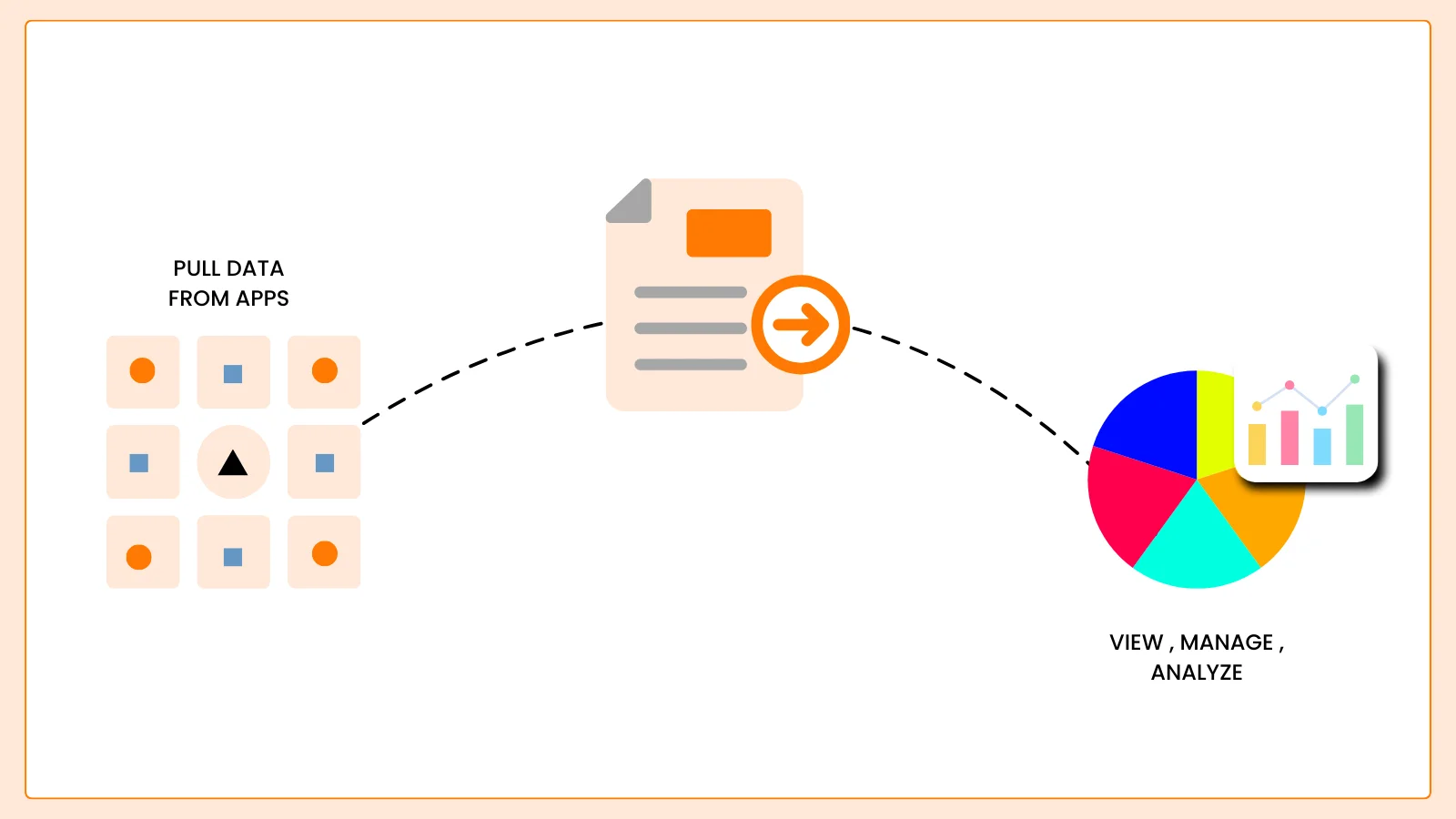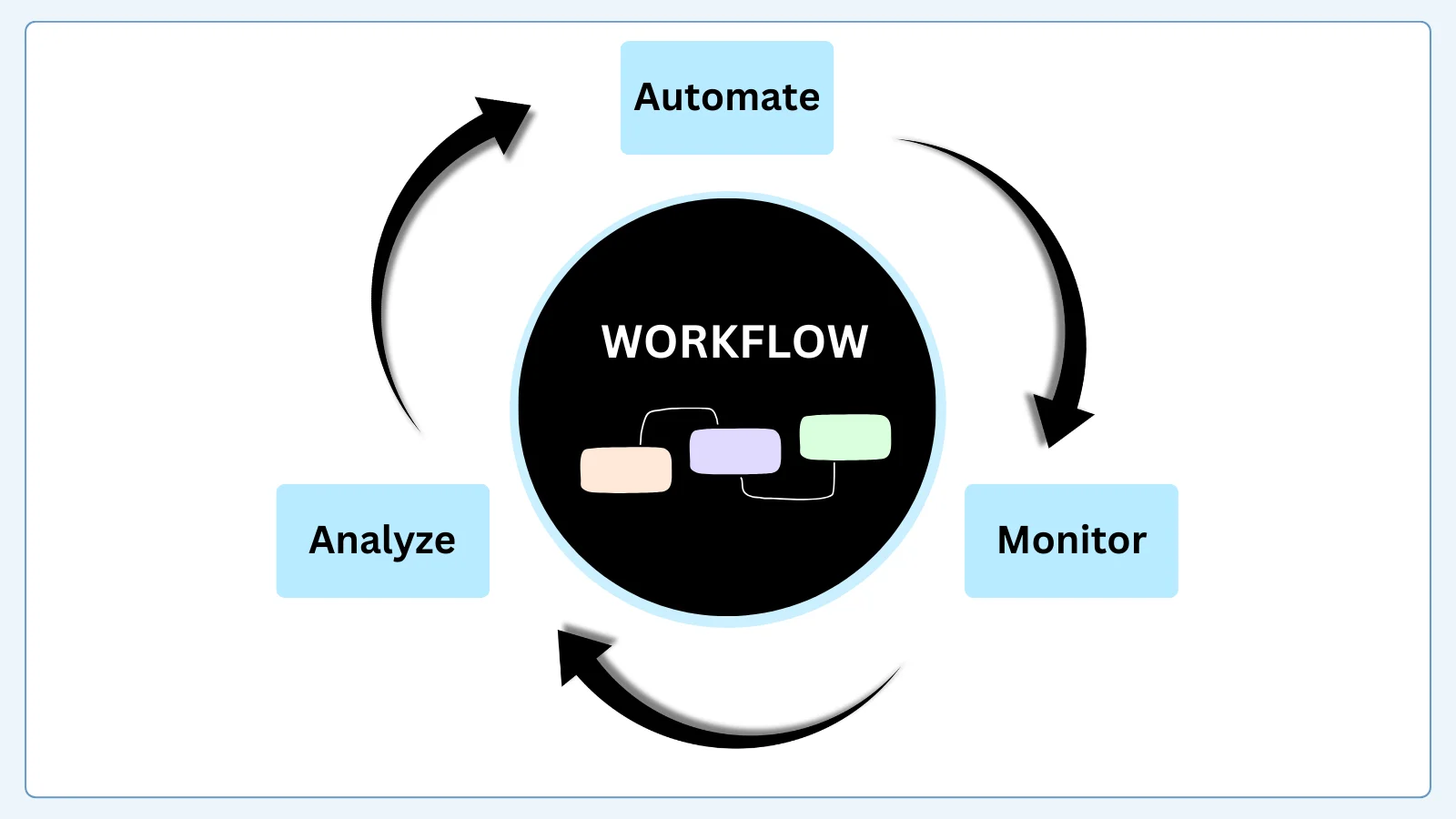
CRM Integration
CRM integration integrates your customer relationship management system to other company applications, streamlining data and operations. This provides a uniform view of client information and service activities. CRM integration sheds light on consumer behavior by automating tasks and centralizing data.
- Generates a single, comprehensive view of each consumer.
- Automates data entry and reduces human mistakes.
- Improves communication and collaboration among teams.
- Enables data-driven decision-making to improve business outcomes.
What You Need to Know About CRM Integration
CRM integration connects your CRM system with other business applications, creating a unified view of your customer data. This removes data silos and manual entry, resulting in increased accuracy and efficiency. Integrating systems like marketing automation, accounting, and e-commerce platforms gives you a 360-degree perspective of each consumer, allowing you to provide tailored experiences and make data-driven decisions. Finally, CRM integration enables your teams to work more efficiently and provide excellent customer service.
Core Features of CRM Integration

Data Synchronization
Maintains customer information consistency and up-to-date across all connected systems.

Workflow Automation
Automates operations like lead routing and follow-ups to save time and increase productivity.

Real-time insights.
Provides rapid access to essential consumer data and performance measures, allowing for more informed decision-making.

Unified Customer View
Creates a single, comprehensive profile of each consumer, incorporating interactions from all channels.

Improved Collaboration
Allows for smooth information sharing and communication between different teams.

Enhanced Reporting
Creates detailed reports on consumer behavior and sales performance for improved analysis.
What You Need to Know About CRM Integration
CRM integration connects your CRM system with other business applications, creating a unified view of your customer data. This removes data silos and manual entry, resulting in increased accuracy and efficiency. Integrating systems like marketing automation, accounting, and e-commerce platforms gives you a 360-degree perspective of each consumer, allowing you to provide tailored experiences and make data-driven decisions. Finally, CRM integration enables your teams to work more efficiently and provide excellent customer service.




